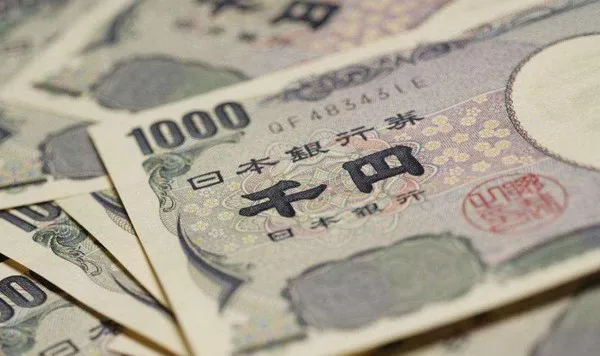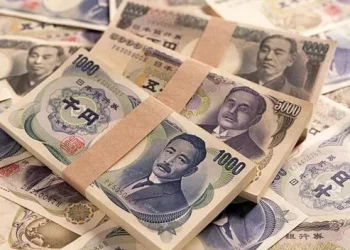The yen dipped and the Nikkei rose in relief on Tuesday after the Bank of Japan (BOJ) kept its ultra-loose policy and outlook unchanged, as a broader rally in stocks and bonds in anticipation of U.S. interest rate cuts ran out of steam.
The yen weakened about 80 pips to 143.41 per dollar following the decision, which was in line with economists’ forecasts. Technology stocks led the Nikkei 1% higher. Japanese government bonds edged higher.
MSCI’s broadest index of Asia-Pacific shares outside Japan hovered just below a four-month high. S&P 500 and European futures were flat.
The BOJ kept its short-term interest rate target at -0.1%, its forward guidance dovish and its benchmark 10-year government bond yield at 1%. Economists had expected no changes, but forecast rate hikes by April – something Governor Kazuo Ueda could foreshadow at a news conference at 0630 GMT.
“The movement of a weaker yen is unlikely to become a trend, partly because expectations remain for a policy revision in January-March next year,” said Hirofumi Suzuki, chief FX strategist at SMBC in Tokyo.
Hiroaki Muto, an economist at Sumitomo Life Insurance, said he expected Ueda’s remarks to downplay prospects for a quick change: “He seems to be looking for a little more normalization behind the curve and (is) not as eager as the rushing market.”
Nippon Steel was the Nikkei’s top loser, falling more than 3% to a five-month low after the company announced a $14.9 billion deal to buy U.S. Steel.
Elsewhere, oil held on to Monday’s gains on jitters over the safety of shipping through the Red Sea. Several countries have agreed to joint patrols to try to secure the trade routes after recent attacks on ships by Yemen’s Houthi rebels.
Oil major BP (NYSE:BP) and several major shipping companies say they are avoiding Red Sea transits for now. Brent crude futures were last up 17 cents at $78.12 a barrel.
STOCKS EYE HIGHS
Treasuries traded sideways in Asia, taking a small loss after Federal Reserve Bank of Cleveland President Loretta Mester and Chicago Fed President Austan Goolsbee each pushed back against market bets for quick U.S. rate cuts next year.
The yield on the 10-year U.S. Treasury note was down 1 basis point at 3.94%.
Equity markets had largely shrugged off the comments, with the Dow Jones and Nasdaq 100 hitting record highs on Monday, while the S&P 500 edged closer to the milestone.
Interest rate futures markets are pricing in more than 140 basis points of Fed cuts next year and were also unmoved by last week’s dovish comments from New York Fed President John Williams.
Apart from the yen, the antipodean currencies made small gains, helped by yen selling and minutes showing Australian policymakers were considering a second interest rate hike in December.
The Australian dollar was up 0.2% at $0.6718. The New Zealand dollar was up 0.3% at $0.6228.
The dovish outlook for U.S. interest rates had dragged the Dollar Index down 1.3% last week, although similarly hawkish projections for rates in other major economies have kept a lid on further declines.
Markets are pricing in about 150 basis points of easing by the European Central Bank next year and 114 basis points of cuts by the Bank of England.
This kept the euro at $1.0921 and the British pound at $1.2662.
Bitcoin bounced off a one-week low to regain a foothold above $42,000 on Tuesday. U.S. housing starts and Canadian inflation data are due later on Tuesday.


























